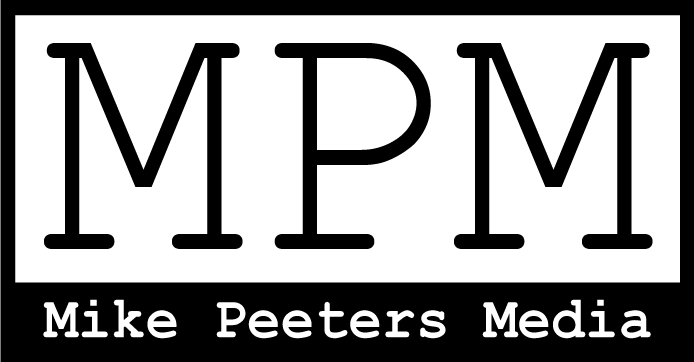Commercial Journalism – Nothing to be ashamed of as long as you declare it
Writing about products and services is the bread and butter of many journalists and copywriters.
However, some journalists shun writing advertising copy as much maligned ‘advertorial writing’ which in their opinion equates to ‘selling out’ their profession. This all depends on your point of view.
As paying the bills becomes increasingly more difficult, many journalists are turning to alternative avenues to increase their income stream.
This can include commercial writing carried out for advertisers or other organisations looking to highlight and promote their goods and services.
This style of writing was frowned upon in my early days of journalism as not being ‘ethical’ and somehow ‘denigrating’ the art of journalism.
Times have certainly changed however and with the proliferation of the Internet and the all-enveloping ‘digital’ age, the line between ‘commercial’ or ‘paid’ writing and ‘unbiased’ news could be viewed as becoming increasingly blurred.
For example, in a car, travel or restaurant review, how much of the author’s opinion is slanted positively towards the product by the free provision of that product?
This is not a new problem and has, of course, been going on since well before the rise of the Internet.
It is also one of the reasons that most respected reviews these days are not paid for by the advertiser or product provider but by the author or publisher – in order to prevent any possible accusations of bias.
Also in newspapers, magazines and even online many ‘sponsored’ articles are now required by law to have ‘Advertising Feature’ or ‘Advertorial’ placed in large letters above the piece.
The same goes for most commercial journalism or advertising copywriting when it appears in tandem with news stories or opinion pieces.
Of course this hasn’t always been the case and ‘cash for comment’ journalism was once fairly common in both the print and electronic media.
You only need look at John Laws’ Sydney radio show of the 90s and his personal ‘unbiased’ backing of Qantas which resulted in his prosecution for biased reporting.
Thankfully the line between ‘commercial’ or ‘paid’ and ‘unbiased’ news journalism is now much better-defined, so that those of us who rely on writing for a living do not need to feel embarrassed or inferior for writing commercially.
After all writing is writing with the ultimate aim to put food on the table – not create doubt in the reader’s mind as to the authenticity or accuracy of what they are reading.
A blog by Mike Peeters of Mike Peeters Media – Corporate Writing and Editing Services
